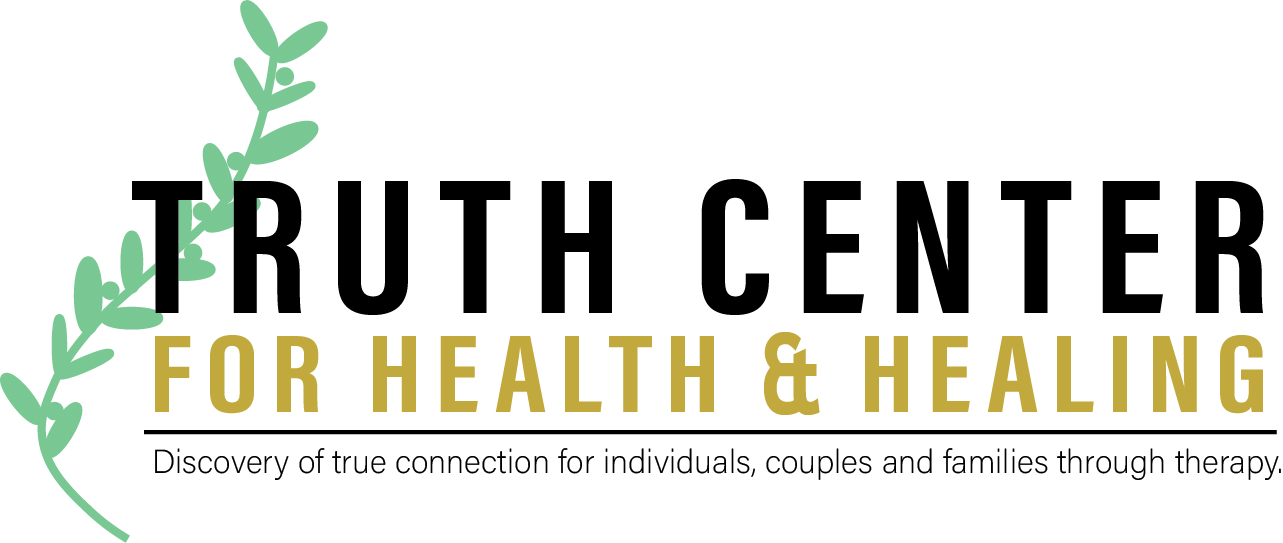Having an argument or experiencing tension with a friend, partner, or loved one can naturally leave anyone feeling deflated. Feelings of frustration from not being understood or from falling back into a familiar pattern can be overwhelming and might prompt feelings of disappointment or resentment. It’s common to have clients begin therapy and not recognize their agency in these scenarios, and it’s important to reclaim agency and to feel empowered. Anyone who desires change is capable of it, and I believe that these tips may help to shift how rough spots transpire:
- Reconnect with yourself and your autonomy.
- Check in with yourself. I ask my clients frequently how they’ve been and tend to be met with some version of “fine” or “okay,” and it is not uncommon for that to be followed with “I think.” We are not commonly encouraged to check in with ourselves and it’s easy to maintain focus on whatever the daily grind may look like (careers, families to care for, household tasks, etc). However, it’s important for you to know how you’re doing! Checking in with yourself may include asking questions like:
- physiologically how does my body feel?
- have I eaten?
- what have my energy levels been like?
- how has my mood been?
- what emotions am I feeling and where do they show up?
- what thoughts am I having?
- Ground yourself in this moment, and if it applies, this conversation. If you are feeling reactive, is it in this moment or is it possibly residual? It’s normal to hold onto unresolved conflict or unprocessed trauma, but where we slip is not recognizing that this is the narrative taking over the present. We owe it not just to ourselves but to our relationships to be present and in the moment. Connect with your breath and ground yourself here in this moment. Remind yourself that you are capable of righting yourself!
- Identify and name your needs to yourself. If we don’t know what our own needs are, we struggle to communicate them and communicate them in ways others can hear us. As individuals, our needs are unique to us, and how we need them met is unique to us as well. If we spend our mental energy glossing over our own needs to create a narrative about another person’s ability to meet them, we do ourselves and others a disservice. It’s natural at some level, especially if you’ve been in a relationship for a long time or have known the other person a long time, to believe you know how they might respond. This can lend itself to isolating from one another and does not give people in your life the opportunity to surprise you. Expressing needs clearly and directly extends others the opportunity to show up for you and for you to receive the support and have your needs met, which leads us to the next part…
- Remember and return to I-statements. Somewhere throughout our schooling, health classes began to incorporate how to communicate with one another (though it may have begun and ended with I-statements.) While it may feel juvenile to pull oneself back to this lesson of stating “I feel…” or “I need…” it’s an integral piece to effectively communicating. If we’re honest with ourselves, I’m sure we’ve all fallen into a moment, especially when feeling reactive and that our buttons are pressed, where we end up using you-statements. Re-centering yourself to better name and understand your needs sets you up much better to express yourself with I-statements. As well as we may know one another, none of us are mind readers no matter how much we may trick ourselves into believing we are, and to be understood requires self expression. We cannot express without first connecting with ourselves and clarifying what our needs are; once we do, we must express by centering ourselves and utilizing I-statements. Utilizing I-statements reduces defensiveness and promotes sharing feelings, both of which lay the best groundwork for understanding.
Try these tools out, and if needed, reach out to our practice to connect with a therapist in Philadelphia and learn how to utilize these skills with support.





